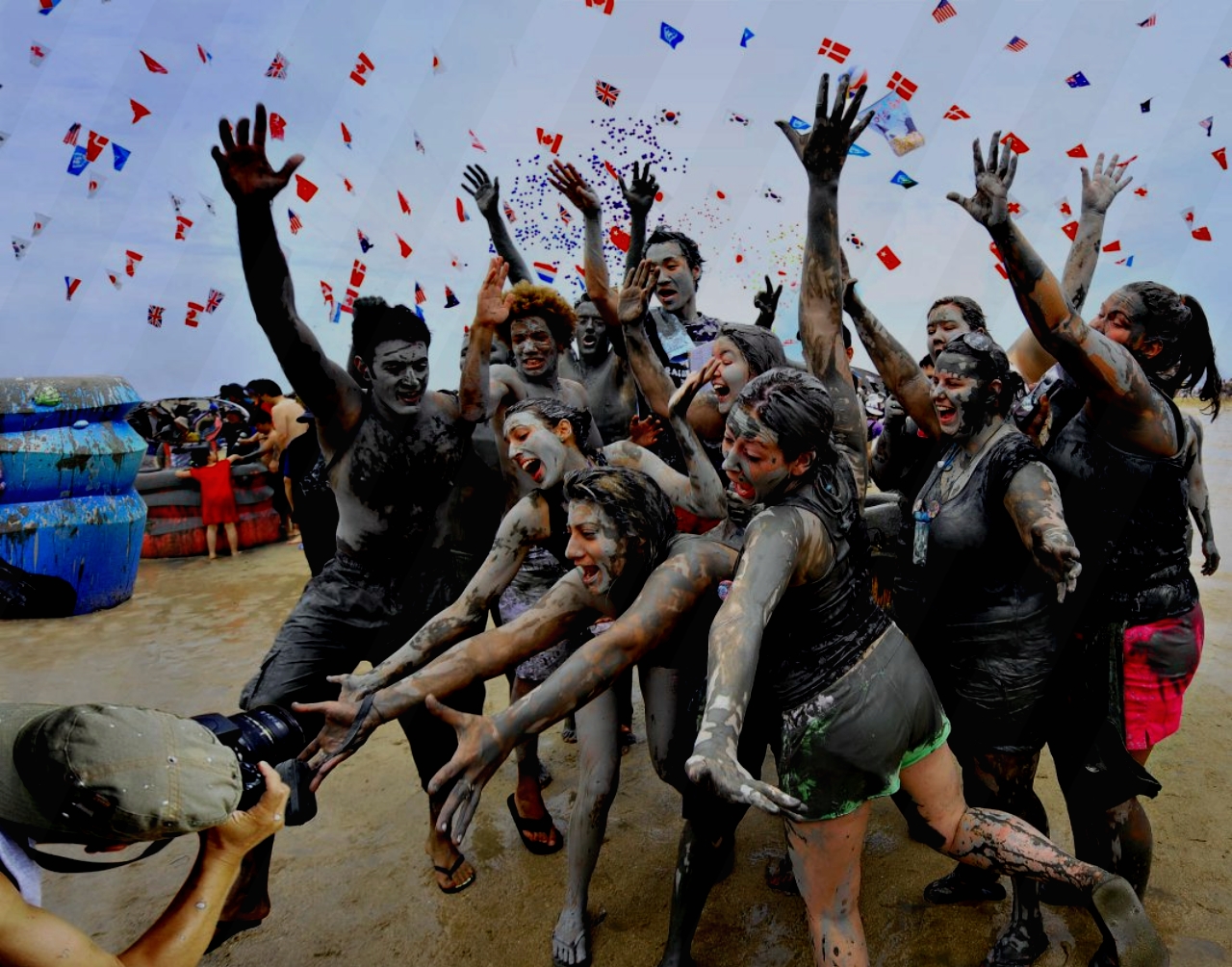There was a time when an unseemly or illegal sexual relationship was believed to be a career-ending threat for anyone aspiring to the presidency of the United States. This belief remarkably endured through 1992 and persisted until 2016, when it was ultimately shattered.However, looking back through American history, it becomes clear that presidential sex scandals are almost as old as the office itself. Interestingly, these scandals seemed to have the intended impact only on a few figures, such as potential 1988 Democratic nominee Gary Hart and one-time leading 2012 Republican nominee Herman Cain. Let’s take a look at some of the most notorious presidential sex scandals in American history…
10. Thomas Jefferson and Sally Hemmings
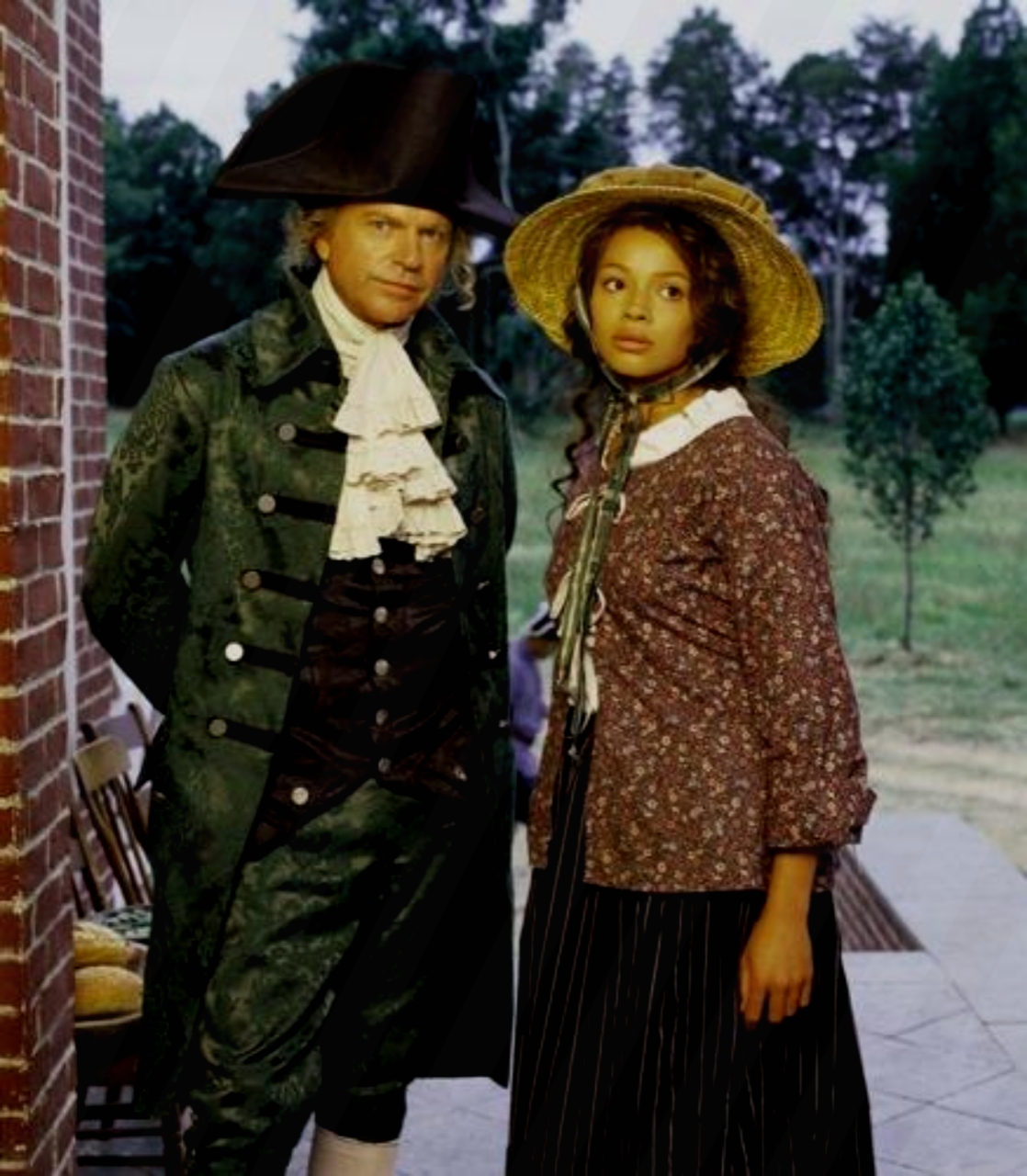
Thomas Jefferson is best known for his role in writing the Declaration of Independence, authorizing the Lewis & Clark Expedition, and overseeing the Louisiana Purchase. However, his legacy is also marred by his relationship with his slave Sally Hemings, whom he forced to bear his children. This scandal was public knowledge during Jefferson’s presidency, first reported in the Richmond Recorder on September 1, 1802. Notably, it appears that John Adams, the first vice president and second president, may have initially exposed the affair. A 1794 letter from Adams to his son Charles references Hemings as “Dashing Sally” and “Egeria in the groves,” alluding to a nymph who, according to the Roman writer Ovid, consorted with Numa, the first king of Rome.
The controversy persisted for many years. In 1874, Thomas Jefferson’s nephew, Peter Carr, was quoted in “The Life of Thomas Jefferson,” asserting that Jefferson had admitted to being the father of at least one, if not six, of Hemings’s children. It wasn’t until 1998 that DNA tests confirmed the connection between the Hemings and Jefferson families. In 2000, a Monticello representative publicly acknowledged the validity of the claims. By 2018, Monticello had incorporated Hemings into their historical presentations on Jefferson, as reported by the New York Times.
9. John Quincy Adams and Tsar Nicholas I
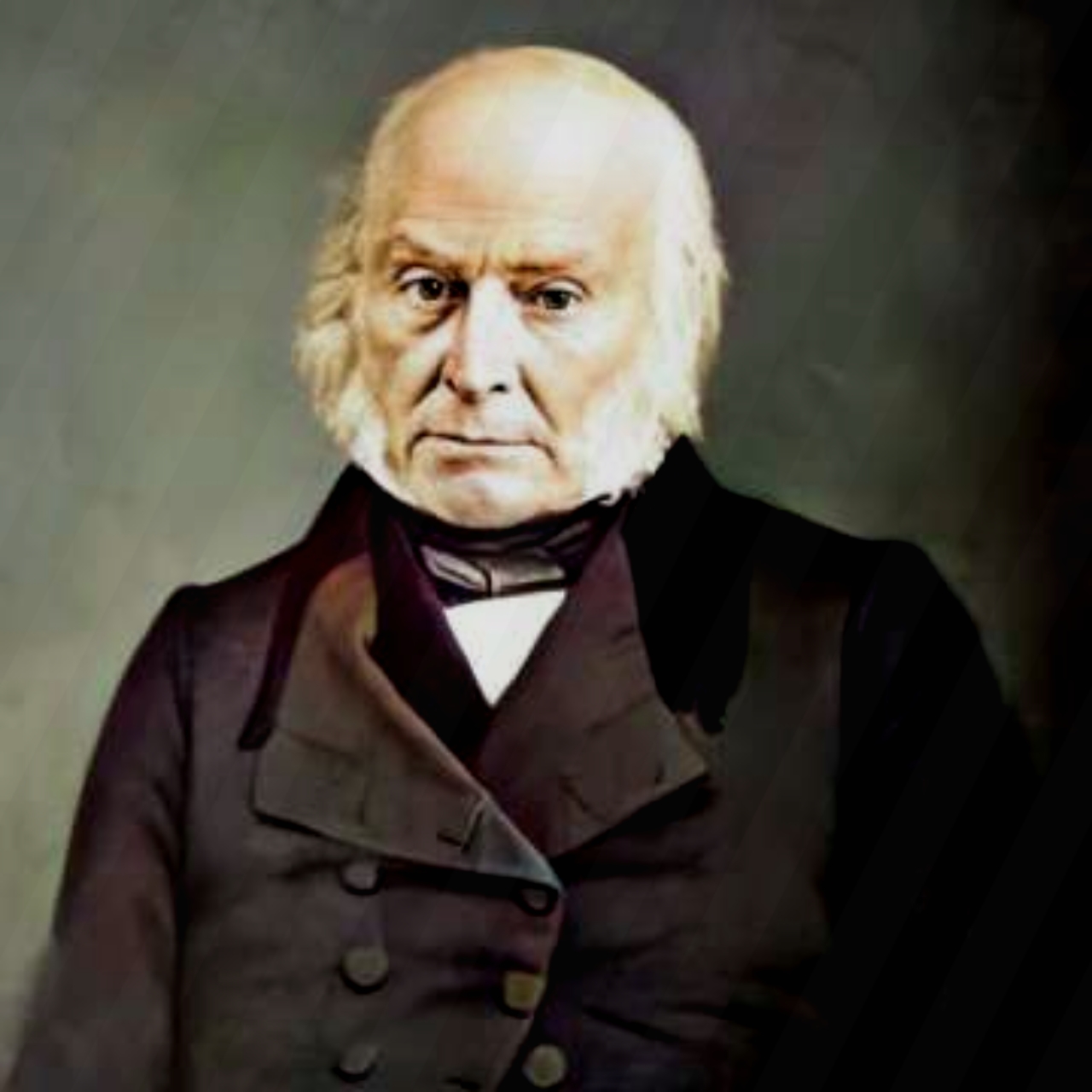
John Quincy Adams, the first son of a former president to be elected president himself, is linked to a unique sexual scandal. Unlike most presidential scandals, it involved him allegedly facilitating someone else’s affair rather than having one himself. In 1828, rumors began circulating that Adams had sold one of his housekeepers to Tsar Nicholas I as a sex slave to curry favor with the Russian ruler. This claim was somewhat plausible since Adams had been the first American ambassador to Russia.
However, the story originated from newspapers loyal to Adams’s rival, Andrew Jackson. According to Robert McKenzie’s 2021 book, We the Fallen People, the accusation was widely believed. Adams himself noted in his diary that people were eager to believe the smear out of a desire to “surrender themselves up to their passions.” Despite the scandal and the efforts of Adams’s supporters to retaliate with their own accusations against Jackson, “Old Hickory” won the presidency that year, defeating Adams.
8. John Tyler and… Well, Numerous Slaves
The presidency of John Tyler, who served from 1840 to 1844, was marked by several absurdities. After William Henry Harrison’s death barely a month into office, Tyler, his vice president, became the first unelected president of the United States. Although a bipartisan candidate, Tyler opposed many Whig policies, vetoing key bills like the creation of a federal bank and a tariff system. This led to mass resignations from his cabinet and nearly resulted in his impeachment by his own party. These conflicts often overshadow the significant events of his presidency, such as the annexation of Texas.
A slave-owner at a time when the Whig Party leaned toward abolitionism, Tyler faced a scandal when the newspaper Emancipator accused him of engaging in sexual relationships with his slaves, reminiscent of Thomas Jefferson. Given his prolific libido—having eight children with his first wife and seven with his second, who was thirty years his junior and bore him a child when he was 70—the allegations seemed plausible. Tyler’s official newspaper, the Madisonian, denied the claims, and as of 2017, no DNA tests confirmed any illegitimate children born to Tyler’s slaves. Although Tyler did not seek reelection, his numerous alienations meant that the sex scandal had little impact on his political demise.
6. James Buchanan and William King
James Buchanan, long known as America’s only bachelor president, faced rumors and whispers about his personal life more than a decade before his inauguration in 1856. In 1844, political opponents published open letters referring to Buchanan’s “better half,” US Senator William Rufus King of Alabama. The two men, who met in 1830 as members of the Democratic Party, were lifelong bachelors. Although Buchanan had been engaged—his fiancée likely committed suicide before their wedding—and King was rumored to have a crush on Tsarina Charlotte, their close relationship drew significant attention. They shared a boarding house for years and were often seen together, prompting First Lady Julia Tyler to nickname them “the Siamese Twins,” a reference to the inseparable conjoined twins Chang and Eng.
Dozens of letters between Buchanan and King survive, revealing the depth of their connection. In one letter, King expressed his desire to be with Buchanan, lamenting that he was “solitary and alone” and mentioning he had “gone a wooing to several gentlemen,” language that seems to transcend simple historical shifts in word meanings. Despite these rumors, Buchanan’s presidential aspirations were largely unaffected due to his strong support for the pro-slavery agenda.
Buchanan’s presidency is most notably marked by his failure to prevent the Confederate States of America from seizing federal forts and armories, despite explicit warnings from General Winfield Scott. This inaction effectively armed the Southern states, which at the time had only a single cannon factory and two gunpowder mills, significantly contributing to the Civil War and the resulting deaths of hundreds of thousands of Americans. In retrospect, Buchanan is fortunate that his legacy is often overshadowed by speculation about his personal life, rather than his presidential failures.
5. Craig Spence, Ronald Reagan, and George Bush
Craig Spence is a largely forgotten figure today, despite being at the center of what could have been the biggest political scandal of the 1980s, aside from Iran-Contra. A Republican lobbyist for Japanese business interests in the 1980s, Spence made headlines in June 1989 when The Washington Times reported that he organized a group hiring underage male sex workers. The scandal intensified with claims that he had taken two of these workers on a nighttime tour of the White House, facilitated by a Secret Service member. The situation worsened in August 1989 when Spence was arrested with a firearm and crack cocaine. The subsequent investigation implicated several members of the Reagan and Bush administrations in the sex ring.
Despite the gravity of the allegations, the federal investigation ended abruptly. Spence, the central figure, committed suicide in the Ritz-Carlton Hotel in November 1989. The anticlimactic conclusion led The Washington Post to dub the scandal “The Bombshell that Didn’t Explode.”
If this story sounds eerily familiar to a figure prominent in the news in 2019 and 2021, stay tuned for more parallels.
4. Tara Reade and Joe Biden
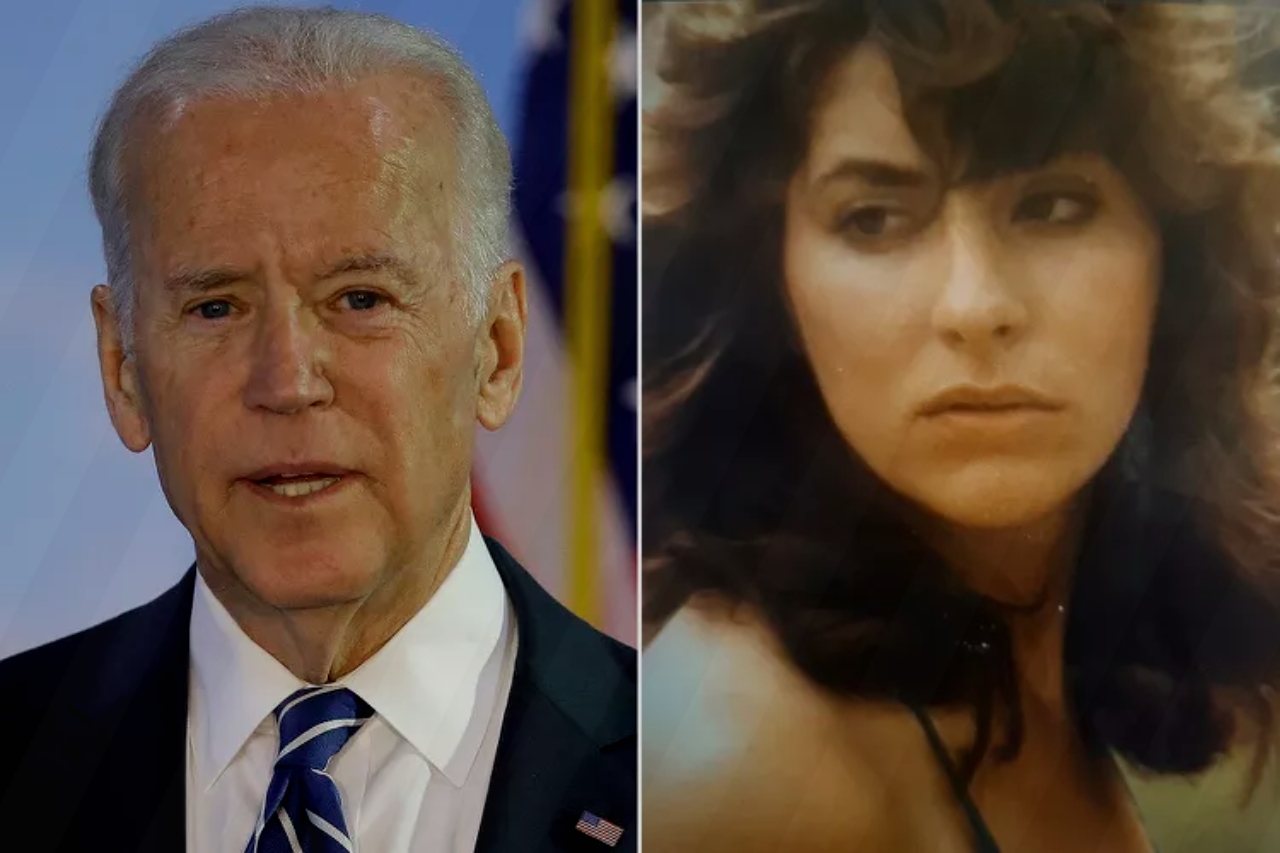
From 1992 to 1993, a woman using the alias Tara Reade worked in then-Senator Joe Biden’s office. In 1993, she claimed that while delivering his gym bag, Biden allegedly forced her against a wall and put his hands up her skirt and shirt. When she protested and stopped him, he allegedly responded, “Come on, man, I heard you liked me,” while smiling despite his apparent anger.
When these allegations surfaced in March 2020, Reade faced intense scrutiny and widespread attacks. For instance, in May 2020, Politico published an article accusing her of using multiple aliases and exploiting people’s sympathy for financial gain. Additionally, it emerged that she had declared bankruptcy in 2012.
One of the most troubling aspects of the case was a survey conducted by Harvard CAPS-Harris, which found that while 55% of the 1,854 respondents believed the accusation, a majority stated it would not affect their vote in the election. This reflects the disturbingly low standards to which elected officials are held, even for the highest office in the country.
3. Bill Clinton’s Many Alleged Victims
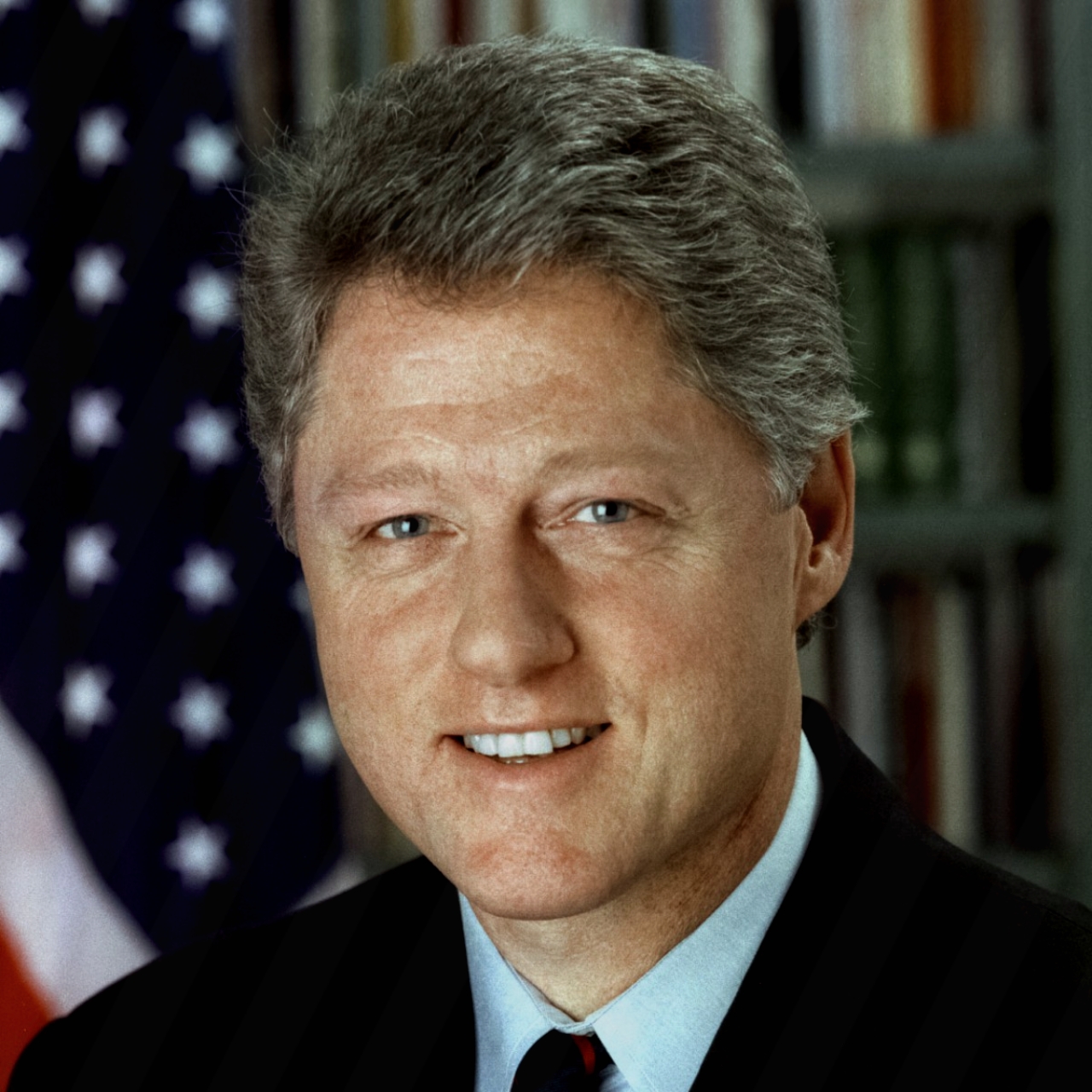
Bill Clinton’s 1998 affair with Monica Lewinsky stands as one of the most notorious scandals of his presidency. However, allegations suggest it’s just one among many sexual misdeeds attributed to the two-term president. The saga began with Gennifer Flowers in 1992, but Clinton’s history goes further back, with claims dating as far as 1969 when Oxford student Eileen Wellstone alleged assault, though no charges were filed.
In 1998, amid Kenneth Starr’s investigations into the Lewinsky scandal, Kathleen Willey appeared on 60 Minutes, recounting an incident from 1993 when she, a White House volunteer, accused Clinton of groping her. Tragically, her husband’s subsequent suicide in the same year left her burdened with debt, leading to financial struggles for decades, including a public plea to save her house In 2018 following the Senate hearings involving Brett Kavanaugh.
Also in 1998, Juanita Broaddrick appeared on 60 Minutes, alleging that Clinton had assaulted her in 1978 while he campaigned for governor of Arkansas. Referred to as “Jane Doe #5” during Paula Jones’s sexual harassment lawsuit against Clinton, Broaddrick’s claims were reportedly corroborated by contemporaneous reports. She recounted a chilling encounter with Clinton in 1991 when he sought to make amends, to which she responded with a firm rejection.
2. Katie Johnson and Donald Trump
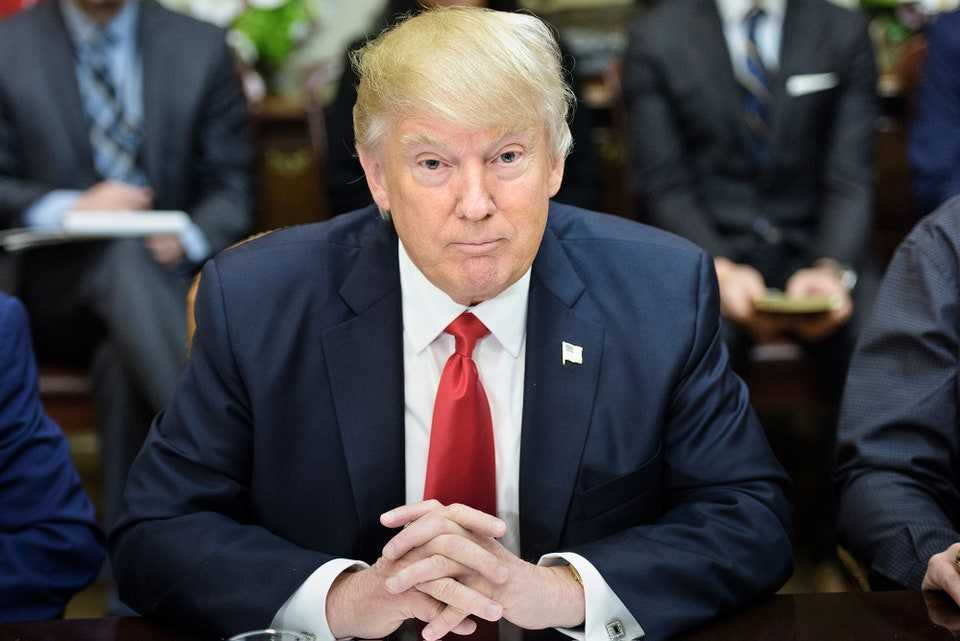
Interestingly, despite Trump’s affiliation with the Republican Party, the primary proponents of these allegations against him were reportedly conservative figures, including Steve Baer, his daughter, Chandler, and son-in-law, Blake Smith, as reported by Jezebel magazine. While Trump’s most infamous sexual scandal is arguably the Hollywood Access tape from October 2016, it was members of his own party who brought forth some of the most damning accusations against him during the 2016 primary.
1. Jeffrey Epstein’s Death
In 2008, Jeffrey Epstein was convicted of procuring a child for prostitution, serving 13 months with numerous work releases. On July 6, 2019, he faced new charges outlined in a 13-page Manhattan document, revealing his suspicious connections to powerful figures and allegations of using dossiers for blackmail, as claimed by a victim using the alias Priscilla Doe.
Epstein’s trial threatened to implicate several public figures. For instance, Donald Trump’s association with Epstein included being listed on the flight logs for Epstein’s plane, the “Lolita Express,” and Trump’s own statements suggesting Epstein’s preference for young women.
Similarly, Bill Clinton flew on the Lolita Express 26 times, with some flights lacking Secret Service personnel, and he and his wife visited Epstein’s New Mexico ranch regularly. The conspicuous lack of raid on this property raised further suspicion.
Jeffrey Epstein’s reported suicide on August 10, 2019, raised eyebrows due to several peculiarities. Guards were asleep during the time of his death despite 24-hour surveillance, and the coincidental failure of cameras. Expert opinions suggesting homicide based on neck bone fractures added to the skepticism.
Furthermore, aspects of Epstein’s incarceration, such as unrecorded phone calls before his death, his denial of suicidal tendencies, and misclassification as a black man instead of a sex offender, fueled conspiracy theories suggesting he was silenced to prevent testimony implicating high-profile figures, including former presidents.





